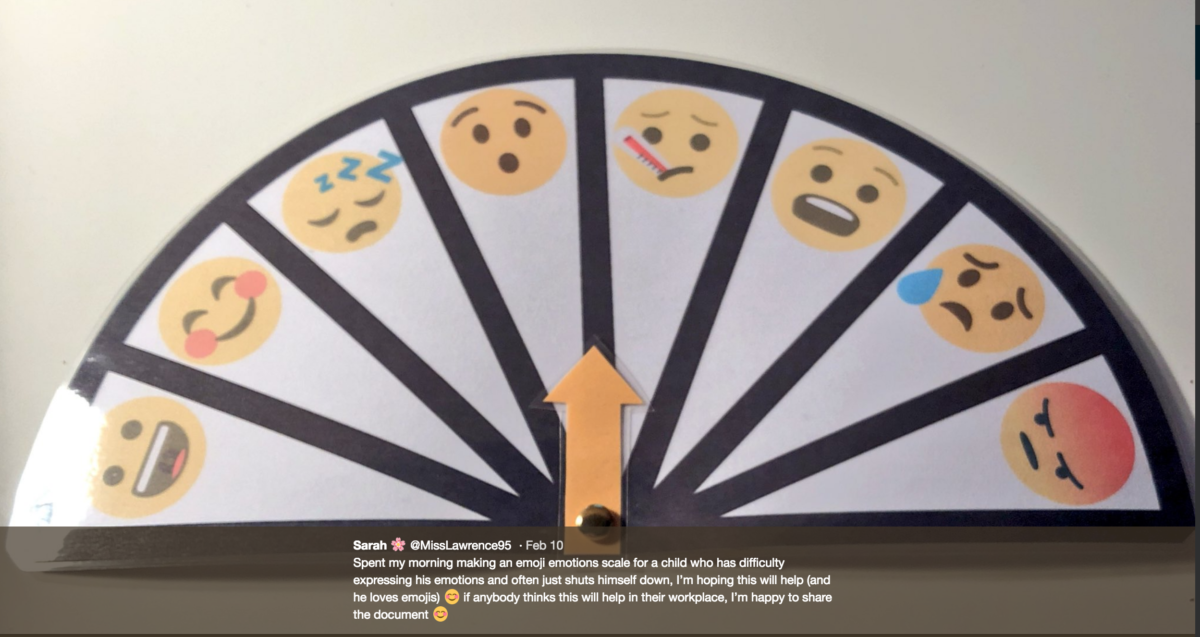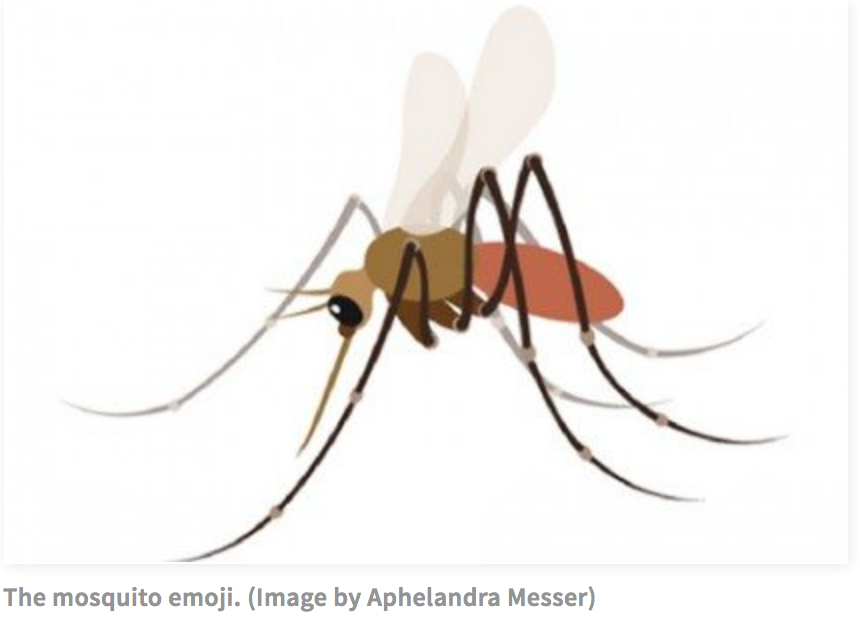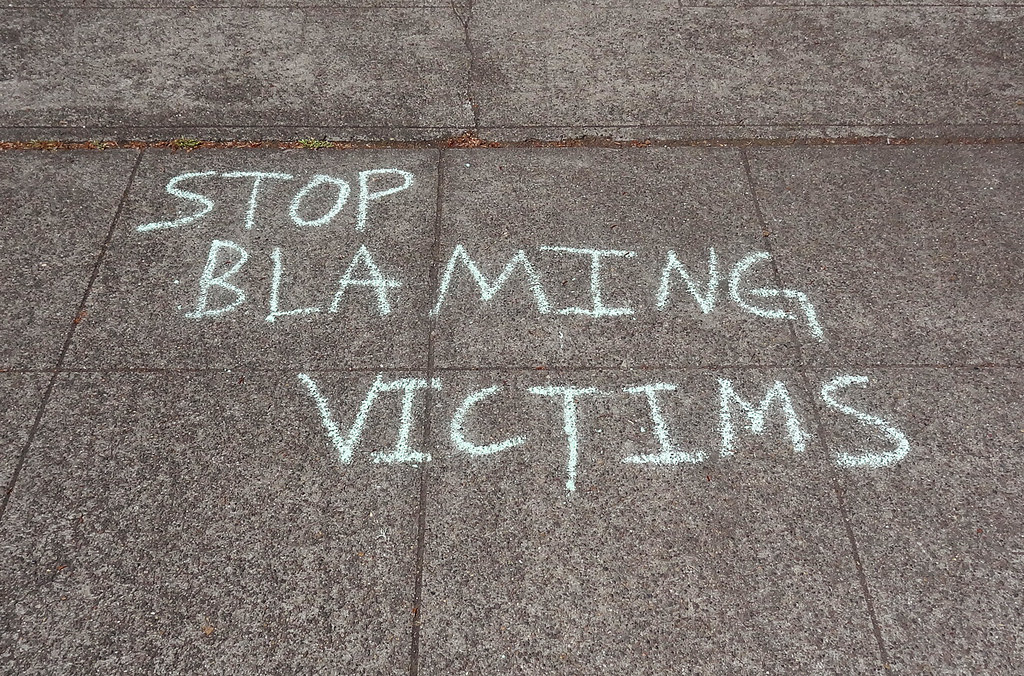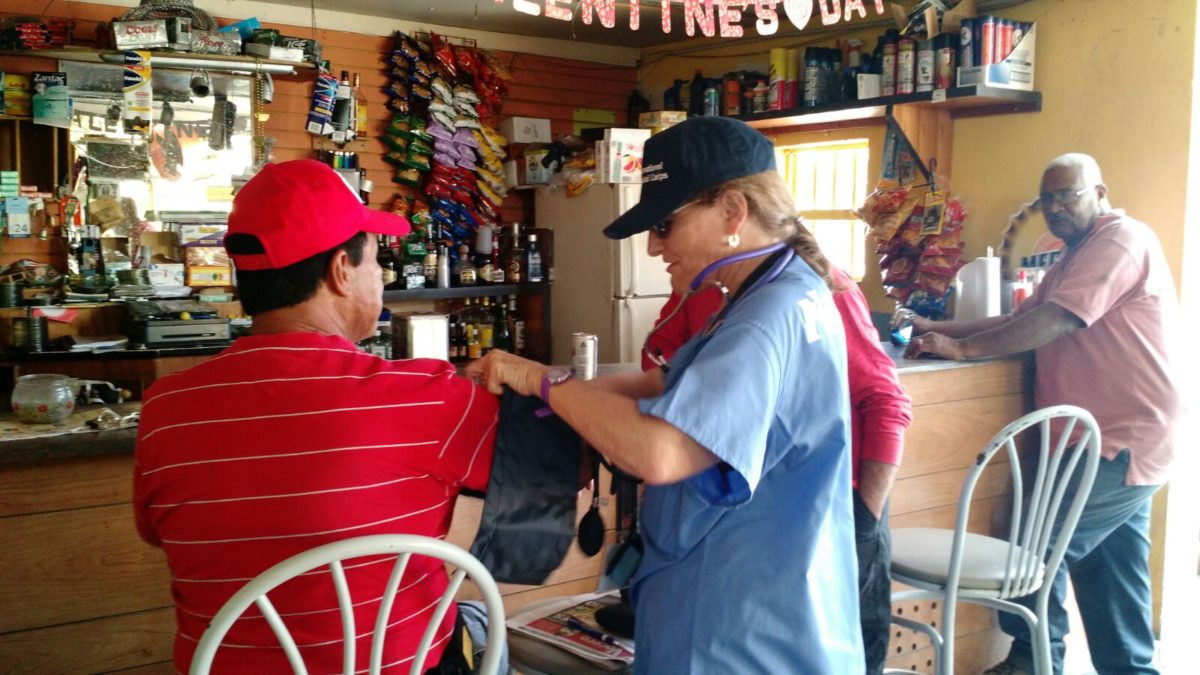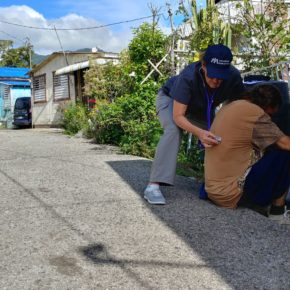No words? Then why not emojis
Emojis help to navigate irony in text and to clarify tone in a voiceless medium. I wonder, when looking at emojis, if there are no words, then why not emojis? Unicode released the 2018 list of 157 new emojis last week. Be creative like the two examples below and try using emojis.
@MissLawrence is a primary care teacher who created an emoji chart for her student who has difficulty expressing his emotions. She offered to email it to it her Twitter followers. The requests were numerous so she uploaded it to TES where you can download a copy.
The mosquito emoji will be available for this summer. Hopkins and the Gates Foundation proposed it for public health communication. The emoji was approved by the Unicode Consortium after a lengthy approval process. Read about it here.
Emojis help to navigate irony in text



